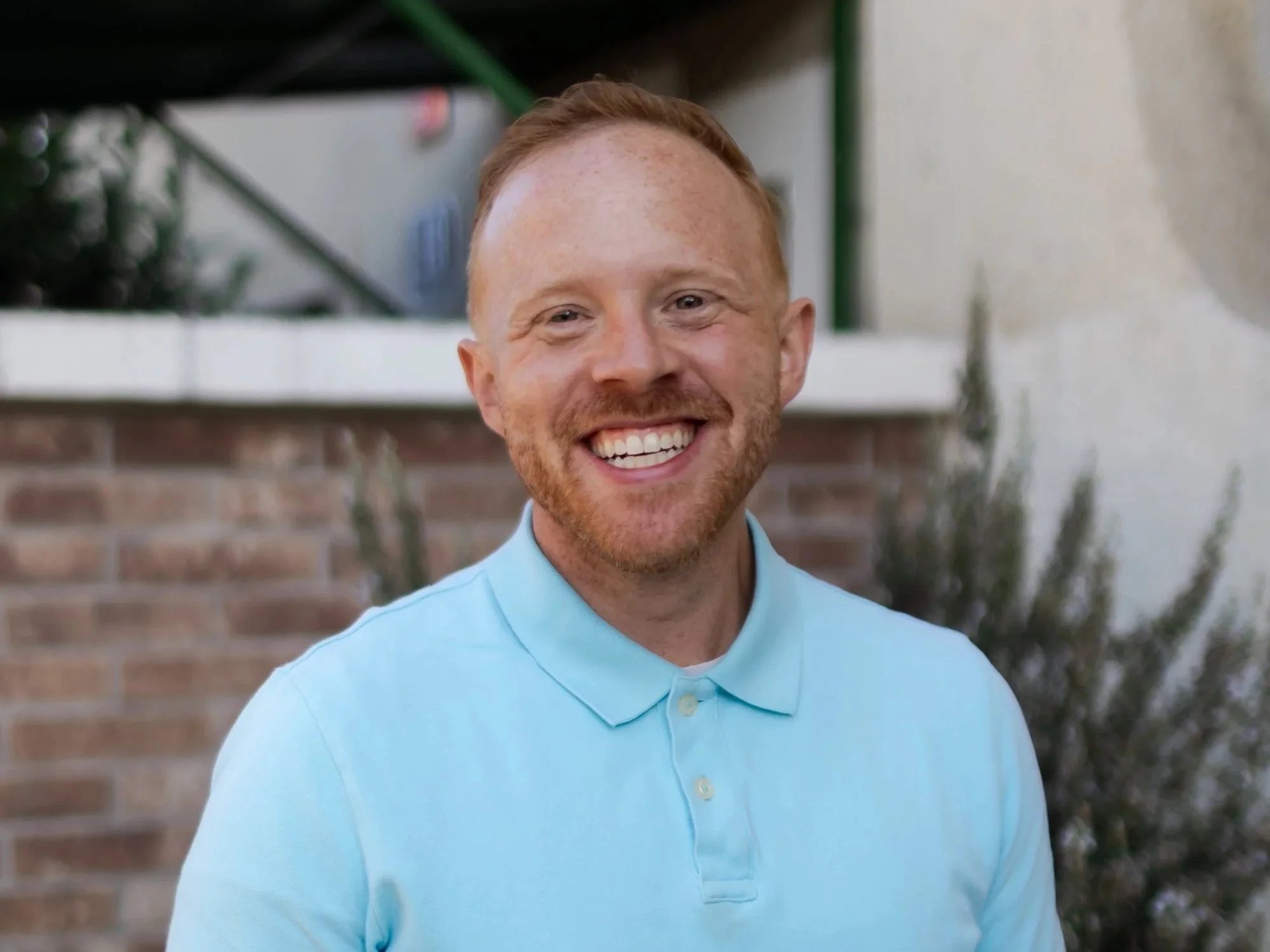16%
Breaking the cycle of poverty.
An ambitious goal right?
It's the driving motto for the ministry where I currently serve and similar to the mission statements of countless other non-profits.
But how often is the cycle of poverty broken?
The answer to that question gives us insight into how the cycle of poverty is broken as well.
In this recent report by researchers at the U.S. Partnership on Mobility from Poverty (partnering with the University of Michigan) found that just 16% of "persistently poor children" (those who spend over half of their lives from birth to 17 in poverty) are able to break the cycle of poverty. You can read more about this study here.
This study, which tracked 18,000 individuals and their children and grandchildren since 1986, is a stark reminder that breaking the cycle of poverty is a very difficult thing to do.
Why? Because generational (read: systemic) poverty is more than just a lack of socio-economic means. More money is not the issue. Poverty is a mindset - about life, possessions, and the future. How we are raised (regardless of our upbringing) impacts how we see and interact with the world around us.
What was the different for the 16%?
According to this research, the essential elements to breaking the cycle of poverty include:
- Avoiding teen pregnancy
- Reaching higher levels of education
- Grow up in a family with working parents
- Grow up in less segregated cities, communities, and schools
- Less likely to have spent the first 2 years of their life in poverty
And the most important need of those faced with the injustice of poverty? In my opinion, it's HOPE.
“Without the promise of a better tomorrow, how much drive do we have to change things today? ”
Hope in the possibility of a better future drives us to save money differently, graduate high school (and get further education), strive for different jobs/careers, and develop the support network necessary to break free from systemic poverty. Believing in a better tomorrow causes us to invest differently in today.
A lack of hope in a better tomorrow drives people to coping mechanisms such as drugs, alcohol, gambling, abusive relationships, and suicide.
Without hope, what do we have?
Yes substance abuse programs, friendships, medical assistance, good housing, and the provision of basic necessities are all important but without HOPE FOR A BETTER FUTURE the probability of success is very small.
So how do we raise that 16% to a higher number?
We help people uncover their hopes and dreams. And the hopes and dreams we have for them. And we do this as we address the current situations which hamper their ability to leave poverty behind.
We meet them where they are at. We journey together. We address any issues present.
AND WE UNLEASH HOPE.



